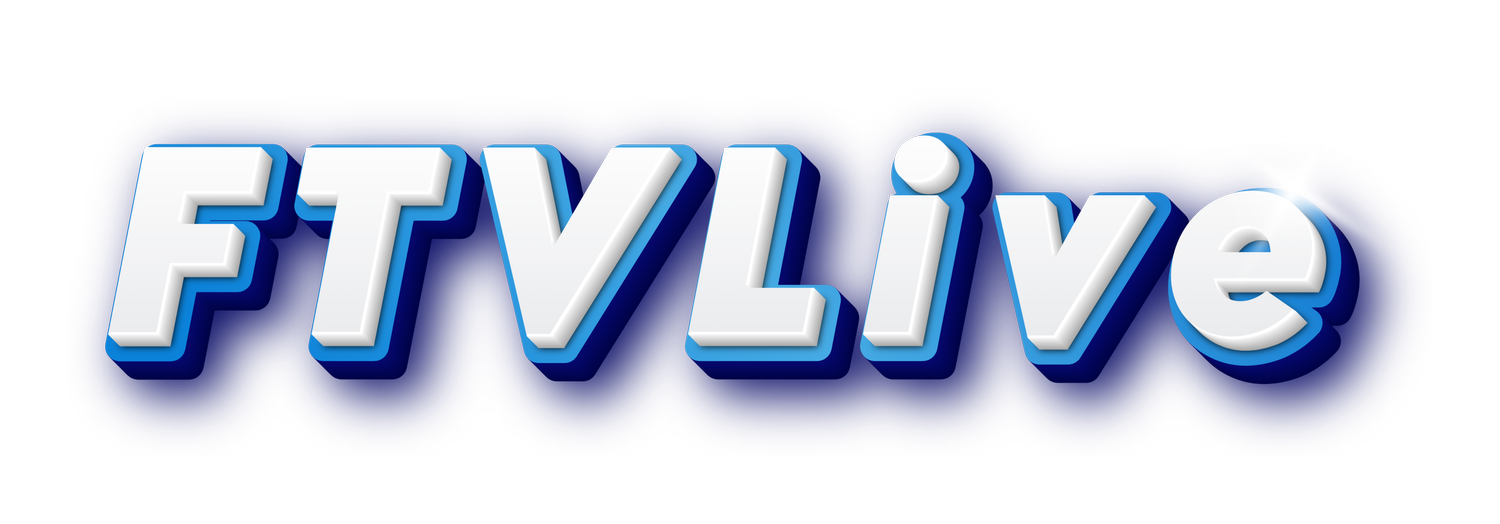Your Edit Cheat Sheet
/FTVLive has been telling you about how more and more stations, even in top markets, are working on getting their Anchors and Reporters to shoot and edit stories on their own.
The ABC O&O’s are training Anchors and Reporters to shoot on their iPhones.
People say this is nothing new, but it is when it comes to top markets.
When you send out a Reporter and a Photographer, you have two Journalists at the scene of a story. Often while the Photographer is shooting B-roll, the Reporter is asking around to see who would be a good interview on camera.
When you have two people on the story, you also get two perspectives of that story and as the story is written and edited, the two perspectives blend into one story. Often this makes it a better story.
Photographers can give you example upon example of times they caught a mistake that the Reporter made in the script as they were editing the story. The mistake is fixed and the story makes air without the mistakes.
Having a second set of eyes works, but stations want to save money and it is no longer about the content and much more about the cost.
99 times out of a hundred, if you send a Reporter out to shoot a story on their iPhone vs. a Reporter and Photographer, the two-person story is going to look better and be better.
But, it is no longer about news and it is all about cost.
Gray’s WOIO in Cleveland has passed out this sheet to Reporters showing them how to start editing.
It basically tells them how to get the video into the program so they can start editing it.
It does not tell them about video continuity or how to tell the story with video.
someone can be a great writer and not have anything close to a photographic eye. Or they could shoot great video, but not be able to write a lick.
But now stations want both from one person. Some can do it, but many can not. And the on-air product will suffer.
Then again, it’s no longer about the product, it’s all about the money.
This is TV news today as we enter the next decade.
















